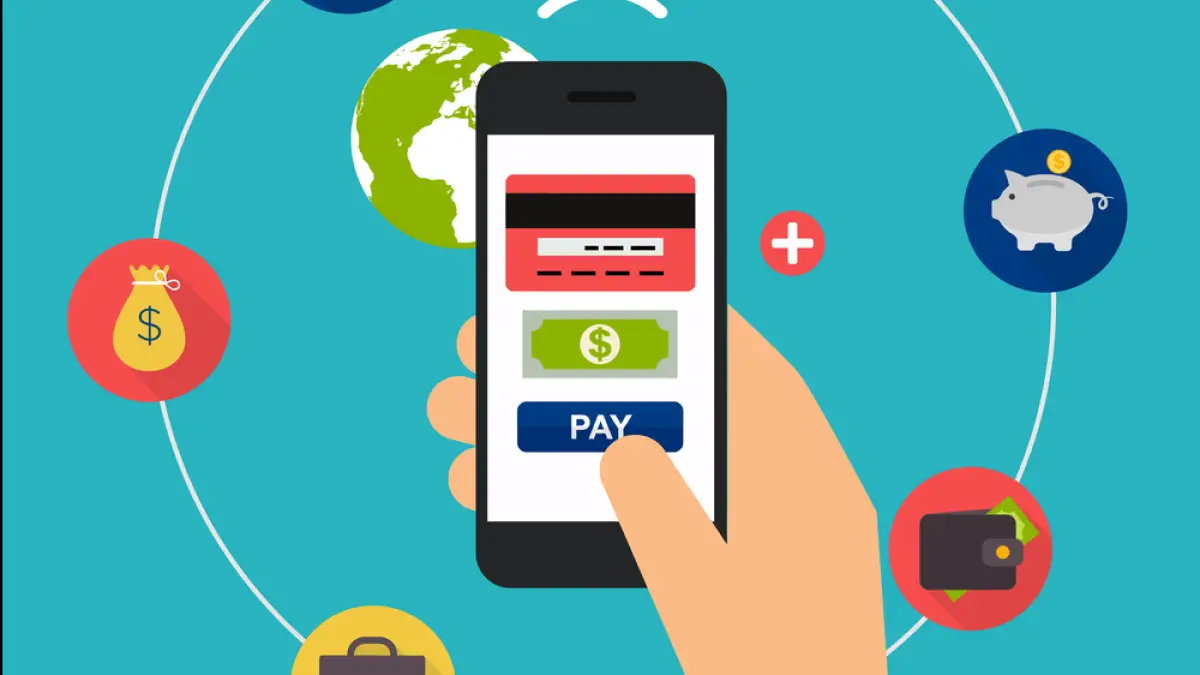Digital payments have brought about numerous conveniences and benefits, but they also raise security and privacy concerns that need to be addressed. Here are some key security and privacy considerations related to digital payments:
- Data Breaches: One of the primary concerns is the risk of data breaches. If the security measures protecting payment systems are inadequate, hackers can gain unauthorized access to sensitive payment information, such as credit card details or bank account numbers. This can lead to financial loss, identity theft, and other forms of fraud.
- Encryption and Secure Protocols: To mitigate the risk of data breaches, strong encryption protocols should be employed to protect the transmission and storage of payment data. Secure communication channels, such as Transport Layer Security (TLS), should be used to ensure that payment information remains confidential and cannot be intercepted or manipulated by attackers.
- Payment Card Industry Data Security Standard (PCI DSS): Compliance with the PCI DSS is crucial for organizations that handle cardholder information. It provides a framework for implementing security controls to protect payment data and prevent breaches. Adhering to PCI DSS requirements helps ensure that the necessary security measures are in place to safeguard sensitive payment information.
- Fraud Prevention: Digital payment systems need robust fraud prevention mechanisms to detect and prevent unauthorized transactions. This may involve techniques such as real-time transaction monitoring, anomaly detection, and two-factor authentication to verify the identity of users and prevent fraudulent activities.
- Privacy Protection: Digital payments involve the collection and processing of personal information, which raises privacy concerns. It is crucial for organizations to handle personal data in accordance with applicable privacy laws, such as the GDPR, and obtain user consent for collecting and using their data. Additionally, data anonymization and minimizing the collection of personally identifiable information can help protect user privacy.
- Third-Party Risks: Many digital payment systems rely on third-party service providers, such as payment gateways or processors. Organizations need to ensure that these providers have robust security measures in place to protect payment data. Contracts and agreements should clearly outline the responsibilities and liabilities of each party regarding security and privacy.
- User Education: Users should be educated about best practices for secure digital payments, such as using strong and unique passwords, regularly monitoring their payment transactions, and being cautious of phishing attempts or fraudulent websites. Promoting user awareness and providing guidance on secure payment practices can help mitigate risks.
- Regulatory Compliance: Digital payment systems must comply with relevant regulations, such as the Payment Card Industry Data Security Standard (PCI DSS), the EU’s Revised Payment Services Directive (PSD2), or local data protection laws. Compliance helps ensure that security and privacy requirements are met and that users’ rights are protected.
Addressing security and privacy concerns in digital payments requires a multi-faceted approach involving robust technological measures, adherence to industry standards, user education, and compliance with regulations. By implementing strong security measures and respecting user privacy, organizations can foster trust and confidence in digital payment systems.
Security and privacy concerns in digital payments

